How to Select the Best Accounting Service for Your Business Size
Choosing the right accounting service for your business is a crucial decision that can significantly impact your financial success. Whether you’re running a small startup or a growing enterprise, selecting an accounting service tailored to your business size can ensure accurate financial management, compliance with regulations, and optimized tax strategies. Here’s how to select the best accounting service for your business, no matter its size.
1. Assess Your Business Needs
The first step in selecting the best accounting service is to assess your business’s specific financial needs. A small business may need basic bookkeeping and tax filing, while a larger enterprise might require services like financial forecasting, payroll management, and auditing. Identify whether your business needs assistance with:
- Bookkeeping: Keeping accurate daily financial records.
- Tax Preparation: Ensuring compliance and minimizing tax liability.
- Financial Reporting: Creating detailed reports to inform decision-making.
- Payroll Services: Managing employee payments and tax filings.
- Audit and Compliance: Ensuring adherence to regulations and preparing for audits.
Understanding your business needs will help you choose the right accounting services to match your requirements.
2. Consider the Scale of Your Operations
Your business size plays a major role in determining the scope of accounting services needed.
- Small Businesses: If you run a small business, you may only need part-time or outsourced accounting services that focus on bookkeeping, tax filings, and basic financial advice. Outsourcing can save you money while giving you access to expert services.
- Medium-Sized Businesses: As your business grows, you’ll likely need more comprehensive services such as financial planning, tax strategy optimization, and payroll services. A dedicated accounting service provider with experience in handling medium-sized enterprises can offer the right mix of financial expertise and scalability.
- Large Enterprises: Larger businesses may need a full-service accounting firm that offers advanced financial planning, audits, compliance management, and industry-specific services. These firms often use specialized software and provide ongoing support to ensure seamless financial management.
3. Look for Industry-Specific Expertise
Certain industries have unique accounting requirements, especially regarding regulations and tax laws. Look for accounting service providers that have experience in your industry and understand the specific financial challenges your business may face. Whether you’re in retail, manufacturing, or professional services, industry expertise ensures the accounting service is tailored to your specific operational needs.
4. Evaluate the Use of Technology
Today’s accounting services rely heavily on technology to streamline processes and enhance accuracy. Ensure that the accounting service you choose uses modern accounting software, cloud-based systems, and automation to manage your financial data efficiently. For small businesses, cloud-based accounting platforms can provide easy access to your financial information, while larger enterprises may need more complex, integrated financial systems.
5. Check for Flexibility and Scalability
Your accounting needs will evolve as your business grows, so it’s essential to choose an accounting service that is flexible and scalable. A small business might start with basic bookkeeping services, but as the business expands, you might need additional services like tax planning or financial analysis. Ensure that your accounting provider can scale their services to match your business growth without compromising quality.
6. Review the Service Provider’s Credentials
Before selecting an accounting service, review their credentials and qualifications. Look for certified accountants or Chartered Accountants (CAs) who have the necessary expertise to handle your business’s finances. Inquire about their experience, professional certifications, and client reviews to ensure that you’re hiring a reputable firm with a track record of success.
7. Consider the Cost
Accounting services come at various price points, depending on the scope of work and expertise required. For small businesses, outsourcing to a part-time accountant or using basic accounting software may be the most cost-effective option. Larger businesses may require full-time accountants or premium services, which come at a higher cost. Compare different service providers to find one that offers a balance between quality and affordability, ensuring that the service meets your budget and business needs.





